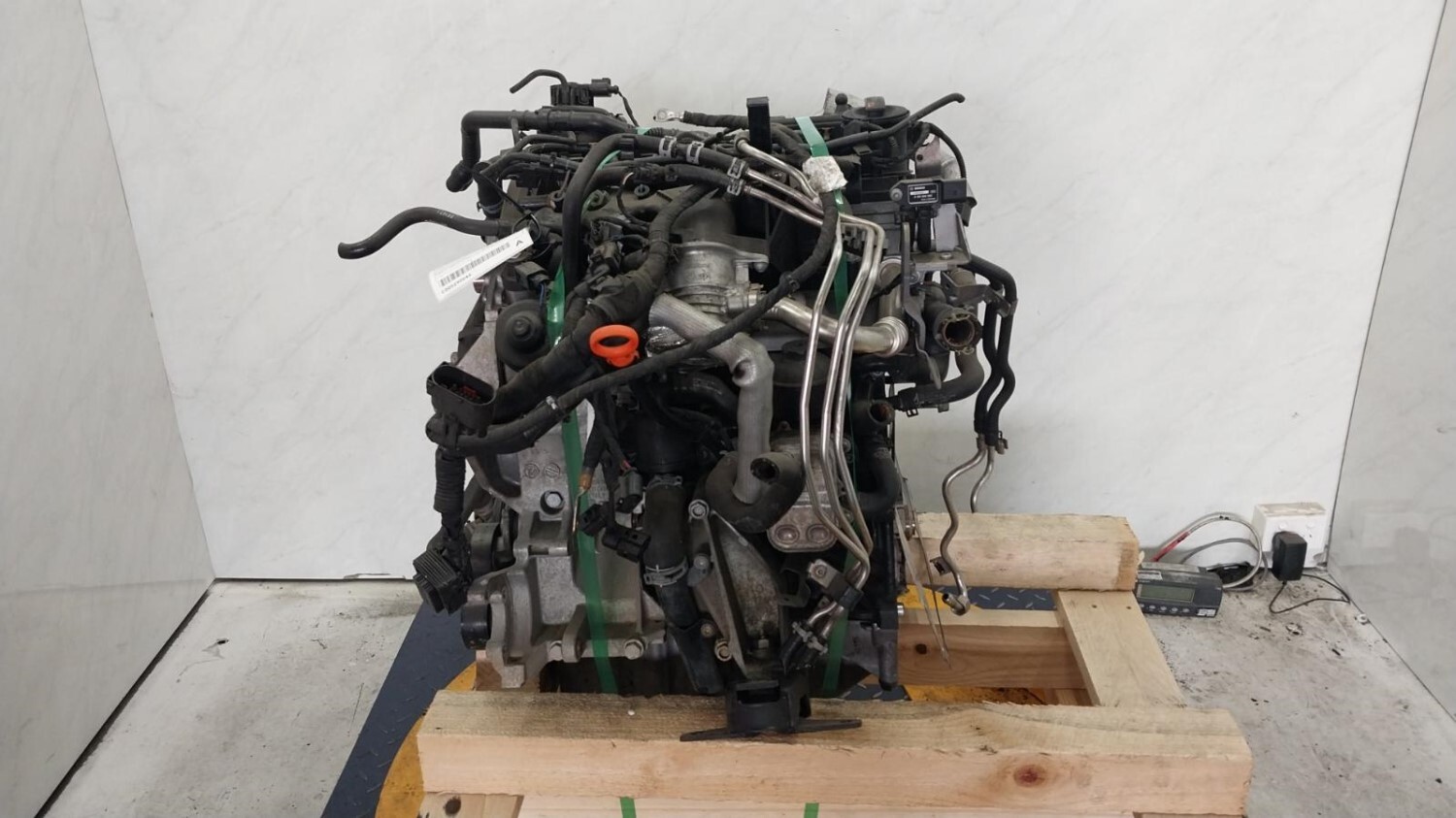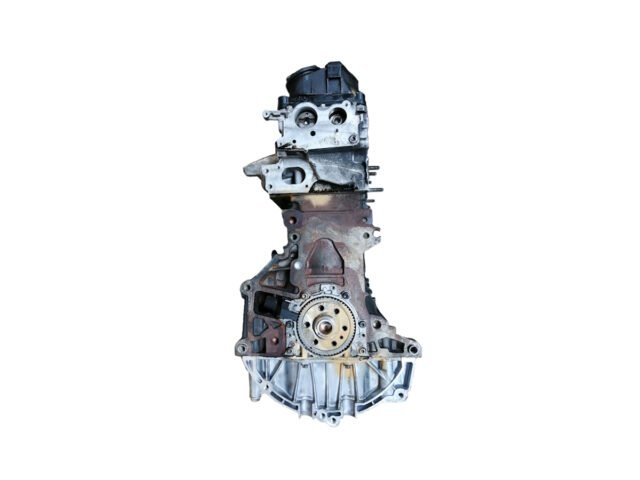Top-notch Amarok Engine for Sale-- Check Out Our Unique Array and Offers
Top-notch Amarok Engine for Sale-- Check Out Our Unique Array and Offers
Blog Article
Essential Factors To Consider and Tips for Selecting the Right Engine for Your Requirements
Selecting the appropriate engine is a complex decision that requires careful factor to consider of different elements to ensure optimum performance for your specific demands. The ins and outs of engine selection expand beyond these basics, motivating a better examination of essential components that can ultimately influence your satisfaction and success.
Determine Your Objective
Identifying your purpose is a crucial very first step in picking the best engine for your needs. Recognizing the specific application you want will assist your decision-making process and make certain that you choose an engine that straightens with your operational needs. Whether you need an engine for an industrial lorry, industrial equipment, or a recreational task, each scenario needs various performance qualities and capacities.
Think about the setting in which the engine will operate. Will it go through hefty loads, extreme temperature levels, or prolonged use? Examining these elements will certainly assist you recognize the required power output, fuel efficiency, and longevity required to satisfy your objectives.
Additionally, think about the lasting ramifications of your selection. Spending plan constraints, maintenance needs, and accessibility of parts are crucial factors to consider that will influence your overall complete satisfaction and functional efficiency.
Eventually, articulating your objective will certainly enhance the choice process and equip you to make an educated decision. By plainly specifying your purposes, you can assess possible engines better and select one that not just satisfies your existing needs yet additionally sustains your future objectives.
Evaluate Engine Specs
Once you have actually clearly expressed your purpose, the next action is to evaluate engine specs. This process entails a detailed exam of different technological details that can significantly affect performance and viability for your intended usage.
Begin by analyzing the engine's horse power and torque ratings. Horse power is critical for identifying the engine's capability to perform job, while torque is important for recognizing just how well it can handle heavy lots or velocity. In addition, take into consideration the engine displacement, as it frequently correlates with power result and effectiveness.
Following, analyze the engine typeâEUR" whether it is a fuel, diesel, or alternative gas engineâEUR" as each kind has unique attributes and applications. Pay attention to the engine's configuration (e.g., inline, V-type), as this can affect dimension, weight, and total performance.
Another essential facet is the engine's air conditioning system, which can influence reliability and maintenance requirements. Assess the manufacturer's track record and warranty offerings, as these can provide insights into long-lasting efficiency and support. Thoroughly evaluating these specifications will assist ensure that you choose an engine that straightens with your particular requirements and operational goals.
Consider Fuel Effectiveness
Gas effectiveness is an essential variable to take into consideration when picking an engine, as it directly affects operational costs and ecological sustainability. An engine's gas efficiency is usually have a peek at this website determined in miles per gallon (MPG) for cars or in certain gas usage (SFC) for aircraft and marine engines. Higher gas efficiency not only lowers the quantity of gas taken in yet likewise reduces greenhouse gas exhausts, making it a responsible selection for eco-conscious customers.
When assessing engine choices, it is necessary to examine the driving conditions and planned usage. Engines optimized for highway driving may display much better gas efficiency contrasted to those designed for stop-and-go website traffic. Furthermore, consider the engine's innovation, such as turbocharging or hybrid systems, which can substantially enhance fuel efficiency.

Assess Upkeep Requirements

Start by evaluating the manufacturer's suggested upkeep periods and procedures. Some engines may require even more regular oil changes, filter replacements, or specialized servicing, which can affect your functional downtime. Additionally, think about the availability of parts and the simplicity of obtaining them. Engines with extensive popularity normally have lion's shares accessibility, lowering preparations throughout repair work.
One more important element is the technical expertise needed for upkeep. Some engines might require specific training for technicians, which can limit your choices for company. Assess whether the engine's layout allows for very easy accessibility to elements frequently requiring upkeep, as this can significantly influence labor expenses.
Spending Plan Your Financial Investment
Comprehending upkeep demands is simply one element of selecting the appropriate engine; economic factors to consider play a just as crucial function (amarok engine for sale). Establishing a clear budget is important, as it affects not only the first acquisition cost but also lasting functional costs
When budgeting, take into consideration both the continuous expenses and ahead of time expenses such as fuel performance, upkeep, and potential fixings. A relatively affordable engine might incur greater expenses over time as a result of bad gas economic climate or frequent upkeep needs. In addition, review the accessibility and expense of spare components, in addition to the service warranties used by manufacturers, which can supply financial defense against unpredicted costs.
It is additionally smart to consider prospective funding choices or renting arrangements, which might reduce instant financial problems. Stabilize your wish for innovative functions with your spending plan constraints, making sure that you purchase an engine that fulfills your performance requires without compromising economic stability.
Eventually, a well-rounded budget will certainly encourage you to make informed choices, straightening your engine selection with both your financial capabilities and operational read review demands, leading to a more sustainable investment in the future.

Conclusion
Finally, picking the suitable engine requires a thorough understanding of particular demands and applications. Cautious examination of engine requirements, gas efficiency, and maintenance requirements is crucial for educated decision-making. Additionally, establishing an extensive budget plan makes certain that both first and ongoing costs are workable. By adhering to these considerations, individuals and companies can make a sustainable financial investment that straightens with their functional goals and efficiency expectations, eventually boosting overall efficiency and efficiency.
Fuel performance is a critical variable to consider when choosing an engine, as it directly impacts functional prices and ecological sustainability. An engine's gas efficiency is commonly determined in miles per gallon (MPG) for automobiles or in particular fuel usage (SFC) for aircraft and marine engines. Diesel engines normally supply far better gas effectiveness than gasoline engines. Inevitably, choosing an engine with a strong emphasis on fuel effectiveness can lead to substantial lasting cost savings and contribute favorably to environmental initiatives. Careful analysis of engine specifications, gas efficiency, and upkeep needs is crucial for notified decision-making.
Report this page